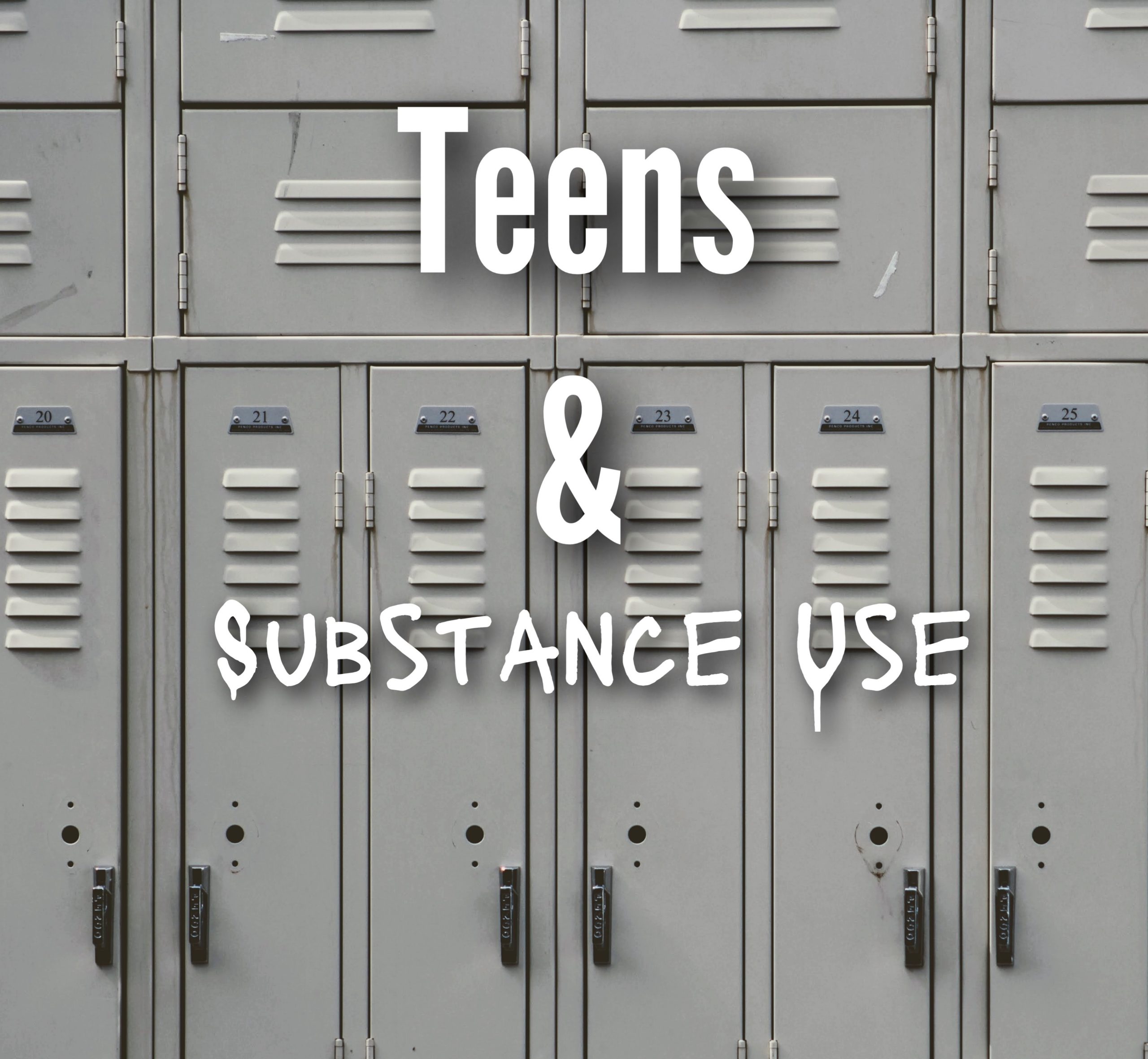
Teens and Substance Use Disorder
Did you know that regardless of alcohol being illegal for adults under 21, people from 12 to 20 years of age consume about one-tenth of all alcohol in the US? This accounts for so many teens and substance use disorder they face each year.
How does it begin?
Whether in the form of drugs or alcohol, substance use disorder is a growing concern among teenagers. What usually begins as experimentation or peer pressure can turn into a substance use disorder that can destroy young lives. Once it develops, treatment is often the only option that can help a teen to stop using drugs or alcohol.
Each year the National Institute on Drug Abuse completes a survey called Monitoring the Future.
This year’s survey results
- Alcohol is misused by 52% of 12th graders, almost 38% of 10th graders and almost 20% of those in the 8th grade.
- Daily Marijuana use is continuing to increase for the 8th, 10th and 12th graders surveyed.
- Prescription painkiller misuse has declined over 3.5% overall.
- Adderall® misuse has also declined significantly in the past five years from 6.8% of seniors in high school misusing to just fewer than 4%.
If you are raising a teen these trends shouldn’t be ignored. Understanding the different factors that predispose teens can help parents or caregivers ensure their teen does not end up misusing drugs or alcohol.
Biological Factors
Genetics play a frequent role in because they can predispose an individual to addictive type behaviors and enhance the physical basis of substance use disorder. Teenagers who are genetically predisposed may be more inclined to continue using a drug after experimenting.
Social Factors
The teen years increase the role of social pressure which can influence the misuse of drugs or alcohol. Peer pressure to experiment or exposure to family and friends who misuse substances can entice a teen to try drugs and alcohol for themselves. Stress from academic, social and/or family life can also affect their choices and studies have shown that teenagers who have high stress are twice as likely as their low-stress peers to use illegal drugs, drink or smoke. Combined with peer pressure stress can be a powerful driver in leading a teen to develop a substance use disorder.
Psychological Factors
There are many mental health and psychological stressors that can put teens at risk. The mental health disorders most frequent co-occurring include depression, anxiety and bipolar disorders. All of these mental health disorders manifest during the teen years. Psychological stressors such as childhood neglect, abuse or any kind of trauma can also increase the likelihood of misusing substances as well. If a teen has not dealt with underlying psychological issues, drugs and alcohol may be used as a coping mechanism. Hormonal fluctuations and body changes increase stress and may further weaken their ability to cope with psychological issues.
Focus on Prevention
There are many causes of substance use disorder but being aware of the reasons is an important part of prevention. Despite the large number of risk factors, teenagers can be positively influenced by parents and loved ones to avoid the damaging cycle of substance use disorder. Become involved in your teenager’s life, offer support, encouragement and a listening ear. A strong relationship with your child can be one of the greatest protective factors for your teenager.
Treatment for Your Teen
If a teen you know does develop a substance use disorder, they need to receive treatment quickly. There are many substance use treatment centers that specialize in helping teens. Lifeline specializes with teens involved in Clark County Juvenile Recovery Court. If you are in Oregon and Washington seeking substance use treatment for your teen please contact the professional team at Lifeline Connections. You can visit Lifelineconnections.org, our Services & Locations information or call (360) 397-8246 for more information.
Sources:
https://www.cdc.gov/ncbddd/fasd/features/teen-substance-use.html
https://www.drugabuse.gov/related-topics/trends-statistics/monitoring-future
